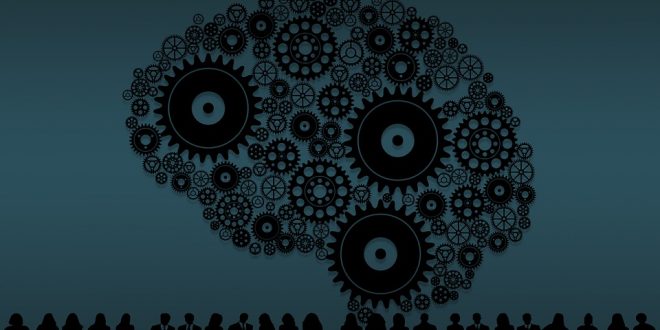Serena Mao
People have always believed that a defining feature of humans is their ability to make autonomous decisions. Whatever forks in the road they are faced with, they can theoretically make individual choices regarding their future course of action. But as much as we’d like to think that we have free will, a closer look might indicate that all of our decisions are already set in stone for us.
We didn’t choose to be born: it wasn’t anything we could change or control. From that moment on, every decision we make is technically inevitable. Each and every choice is based on what has happened in the past, including the condition we are in, and the values that we hold. These conditions and values are based on other decisions that were in turn already decided by the conditions and values were in before that, all tracing back to our birth.
If that doesn’t make sense, let’s take some examples. For instance, a choice to play video games instead of doing work may stem from a childhood of laziness and weak discipline. Or, let’s look at the case of a murderer. We hold murderers morally responsible for their crimes, because we believe that they could have chosen between committing the crime and not doing so. On the other hand, if we were told that the murderer had been mentally unstable, we might give him a bit of lax in thinking that he was not in control of the situation and thus had to have committed the crime. But a mental disorder is merely a specific mental state which then propels a certain individual to complete a certain action. Any individual––mentally disabled or not––possesses specific mental states that cause them to do specific actions which they cannot control. This is not to say that everyone has a mental disorder, but that one’s past experiences, genes, and luck is what brought them to a certain point and thus “forces” them to complete an action. For example, if I were to take the place of a murderer before committing a crime and possessed the same past experiences and values, I essentially have no choice but to complete the murder.
Of course, this isn’t a definite concept. It all depends on one’s definition of free will, and it’s up to individuals for which side to take. Interestingly, it has been proven in studies that a belief in free will increases one’s self control, as people who believe everything is destined to happen may also think that they have no control over their life trajectory. Regardless, the existence of free will is a topic that will be continuously debated.
 Tempus Magazine By Students, For Students
Tempus Magazine By Students, For Students 



